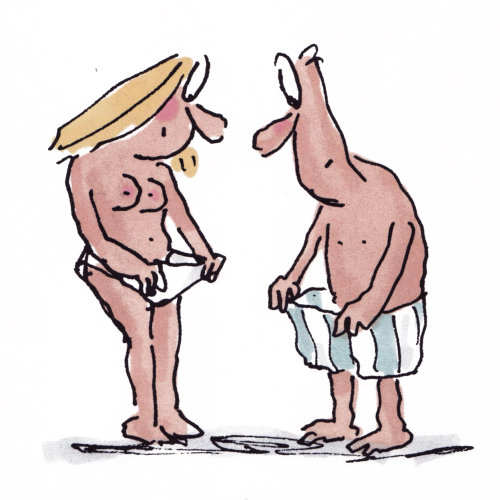It is, however, about death and it takes inspiration from the All Hallows Eve traditions of saying prayers for the dead, as well as going door-to-door, singing and being offered 'soul cakes' (apparently called 'harcakes' in parts of Lancashire - an idea that completely passed me by in my Methodist childhood) the forerunners of today's Halloween trick or treat customs.
So, in saying prayers or lamenting the dead, we might remember all the times they were as distant and removed from us in life. Other people are always, to some extent, separate - 'other minds' - and are no more or less alive in our imaginations when they shuffle off this mortal coil: where coyle meant bustle or disturbance, the real performance of life
---
 All Souls' Eve
All Souls' Eve
When you closed the door, you were no longer there.
When the light was extinguished and you refused to speak.
You were
not there.
A soul, a soul, a soul cake!
Mixed and proved and baked and cooled.
You were once, and now you are not there.
When you left the house to work, you were not there.
When you hid behind a book or ghosted into TV-land,
you were
no longer there.
A soul, a soul, a draught of wine.
Grown and picked and pressed and kept.
You were once, and now you are not there.
When you sang and soared,
became
another, you were no longer there.
When you stayed away; when you travelled far.
You were
not here or there
A soul, a soul, a catch of song.
Plucked from the air and pinned to the stave,
flung
from string into echo.
You were - once: you are no longer.
When you stopped, you breathed no more.
When you closed your eyes and refused to speak, you were not there
A soul, a soul, a soul-shell.
Born and mixed and raised and pressed and pinned
and flung
and kept and cooled.
You were not there, you were not there
For none of us are here or seen or heard,
Unless we are here and seen and heard.
©2015 Philip Holden



